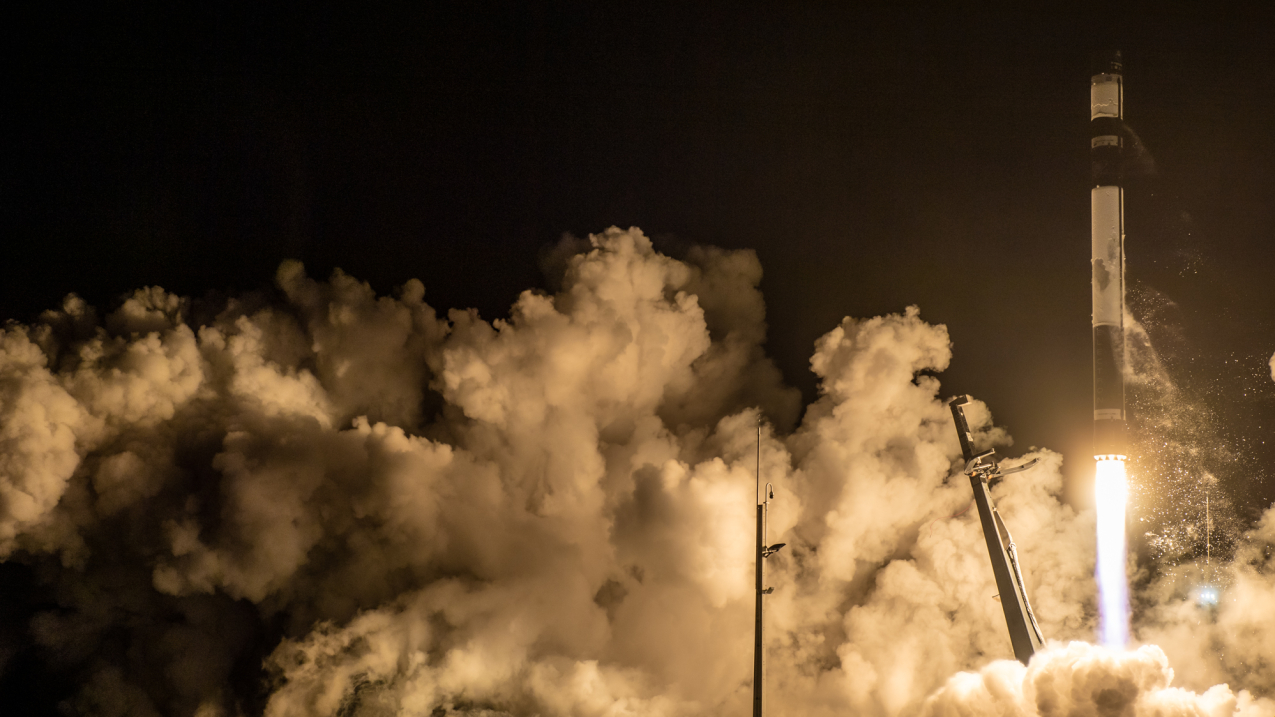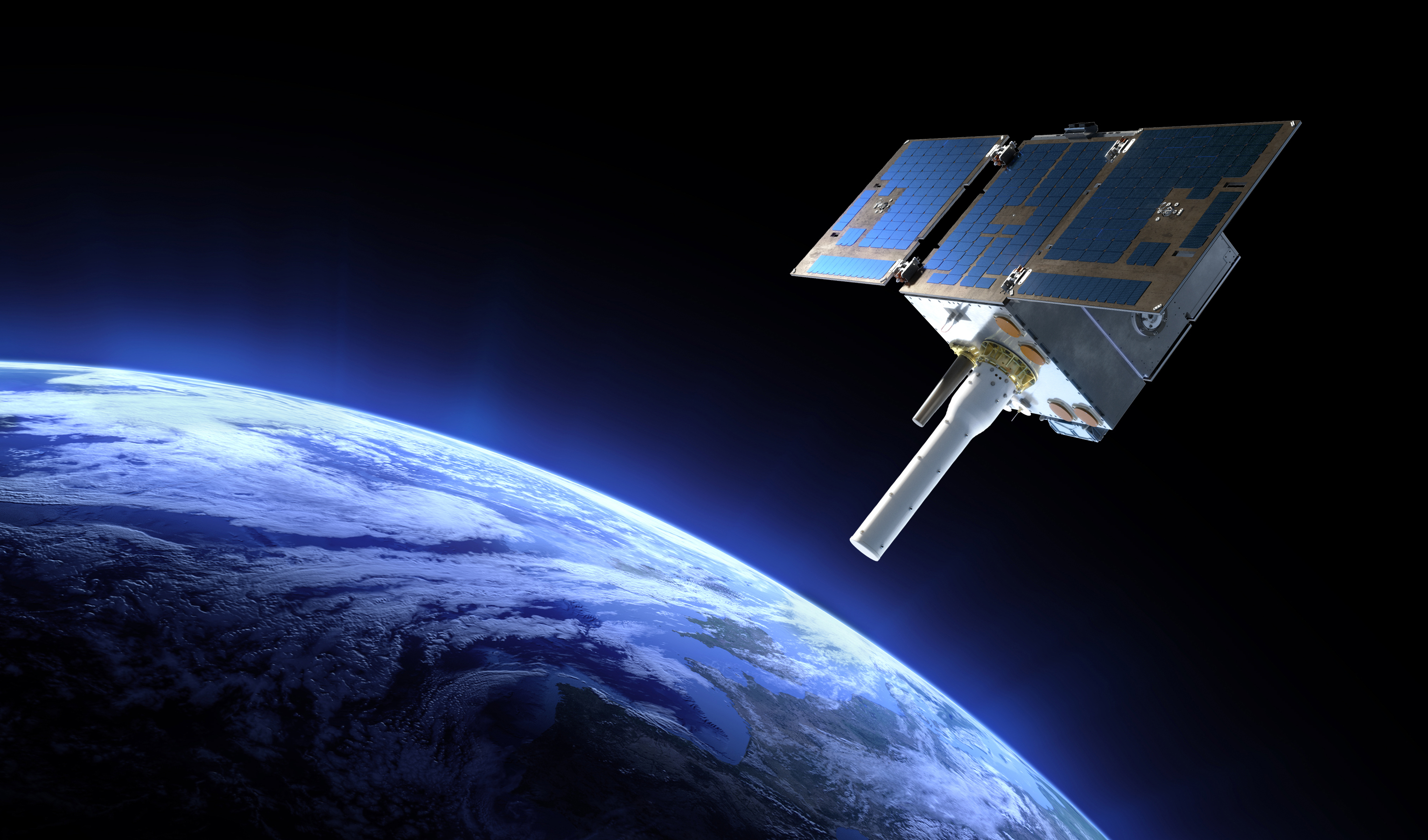Advanced instrument will take the pulse of Earth’s environment and monitor wildlife, marine animals
Advanced instrument will take the pulse of Earth’s environment and monitor wildlife, marine animals

Image from the launch of the NOAA/CNES Argos-4 instrument that lifted off at 1:09 pm EDT today aboard a General Atomics GAzelle satellite from Māhia Peninsula, New Zealand. (Image credit: Rocket Lab)



